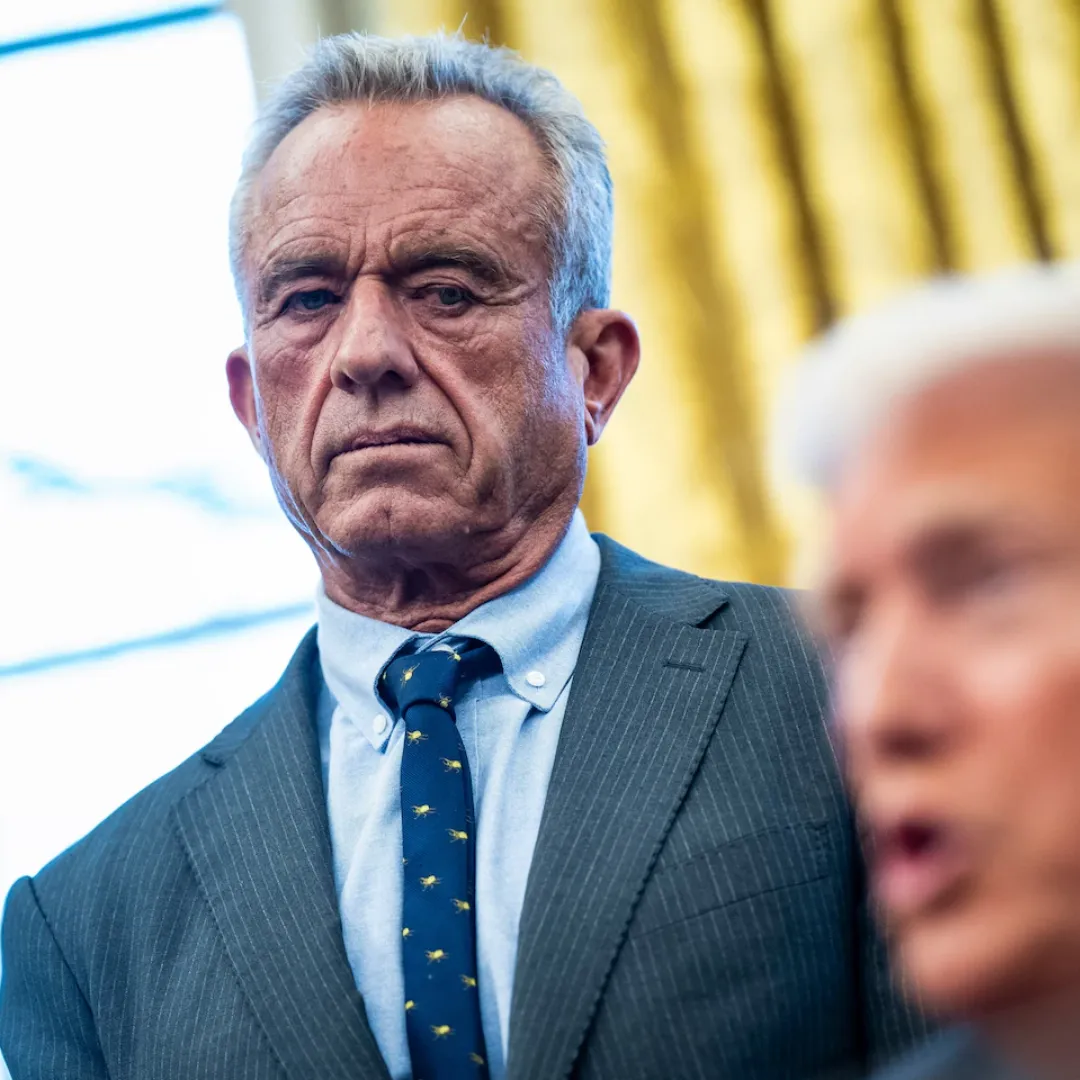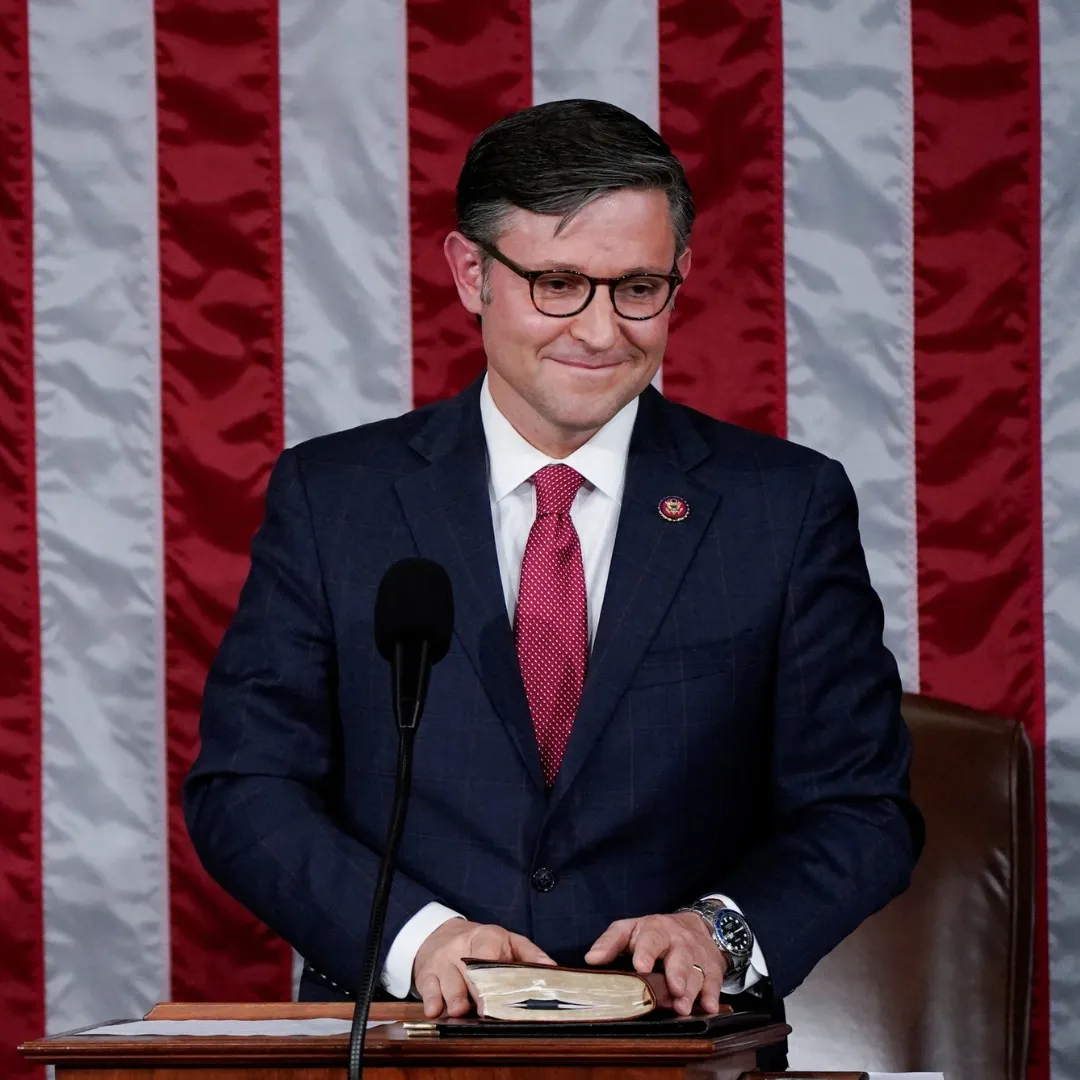In a surprising turn of events, comedian Amber Ruffin was fired from her scheduled performance at the White House Correspondents' Dinner set for April, following backlash from the Trump administration over comments she made on The Daily Beast Podcast. The controversy highlights the ongoing tensions between the current administration and the media, as well as the increasingly polarized nature of American politics.
Ruffin, known for her work on The Amber Ruffin Show and as a writer for Seth Meyers' late-night program, was announced as the headliner for the 2025 White House Correspondents’ Dinner in February.
At the time, Eugene Daniels, president of the White House Correspondents' Association (WHCA), praised Ruffin’s ability to blend sharp political commentary with humor. But just days before the event, Ruffin found herself at the center of a political firestorm after a podcast interview that riled up Trump’s allies.
During the conversation on The Daily Beast Podcast, Ruffin made comments that quickly drew the ire of MAGA supporters. When discussing her approach to the dinner, she revealed that she would not aim to balance her jokes between both sides of the political spectrum, as she had been instructed to do by the WHCA.
Ruffin then made a provocative remark, calling the Trump administration “kind of a bunch of murderers.” She further emphasized that playing to both sides “makes them feel like human beings, but they shouldn’t get to feel that way, ‘cause they’re not.”
These comments were quickly picked up by conservative media and sparked outrage within Trump’s camp. The reaction was swift and intense, leading to a public call for Ruffin’s removal from the event.
On Saturday, Eugene Daniels sent a letter to WHCA members informing them of a significant change to the upcoming event. Daniels, who is also a political correspondent for MSNBC, stated that he had been “re-envisioning” the dinner for the past few weeks.
He explained that, after careful consideration, the WHCA board had unanimously decided to eliminate the comedic performance from the event this year.
“As a first step, I wanted to share that the WHCA board has unanimously decided we are no longer featuring a comedic performance this year,” Daniels wrote. He continued, emphasizing that the focus of the dinner would remain on awarding journalists for their outstanding work, as well as providing scholarships and mentorship opportunities to the next generation of reporters.

While Daniels’ letter did not directly mention Ruffin by name, it was clear that her removal was a result of the backlash to her podcast comments. The decision to forgo comedy at the dinner this year represents a shift in the event’s longstanding tradition of featuring a satirical performance.
The WHCA has held the dinner annually since 1921, and since 1983, it has typically included a comedian who delivers jokes at the president’s expense.
The comments that led to Ruffin’s firing were not only criticized by MAGA supporters but were also denounced by White House officials. On Friday, Taylor Budowich, White House Deputy Chief of Staff, took to Twitter to attack Ruffin, calling her a “2nd rate comedian.”
Budowich questioned the integrity of journalists who would attend an event featuring someone who called the Trump administration “murderers.”
“What kind of responsible, sensible journalist would attend something like this?” Budowich tweeted, referring to the upcoming dinner. “More importantly, what kind of company would sponsor such a hate-filled and violence-inspiring event?”
In the days following the public outcry, Budowich doubled down on his criticism, calling the WHCA’s removal of Ruffin a “cop-out.” He claimed that many members of the WHCA were privately criticizing Daniels for hiring a comedian who was “garbage” and “hate-filled,” while publicly turning a blind eye to the controversy.
The decision to cancel Ruffin’s performance highlights the broader challenges facing the WHCA. In recent months, the relationship between the White House and the association has become increasingly strained.
The Trump administration has taken steps to undermine the WHCA’s ability to operate independently, including the controversial move to assign reporters to cover the president directly rather than allowing the WHCA to select the journalists.
Daniels has publicly criticized the Trump administration’s efforts to erode the independence of the press, calling it an attack on the First Amendment. He also condemned the decision to exclude the Associated Press from White House press events after the news agency refused to adopt the Trump administration’s preferred name for the Gulf of Mexico.
The internal turmoil at the WHCA has intensified as well. Many journalists and members of the association have expressed frustration with Daniels’ leadership and his handling of the recent controversy. During a closed-door virtual meeting earlier this month, tensions reached a boiling point, with several attendees demanding a stronger response from Daniels and the WHCA board.
“There were a lot of pointed questions,” said a person familiar with the meeting, who spoke to Status, a media newsletter. “You could tell there was a lot of frustration with Eugene and the board.”
The removal of Ruffin from the event is just one example of the ongoing tension between the press and the Trump administration. The WHCA, once a powerful voice for journalists and a key player in advocating for a free press, has been forced to navigate an increasingly hostile political environment.
The White House Correspondents’ Dinner has long been an event that brings together members of the press, politicians, and celebrities for an evening of camaraderie and satire. Traditionally, the comedian who headlines the event delivers jokes that poke fun at the president and the political establishment, offering a lighthearted take on the often serious business of government.
However, the event has also served as a platform for press freedom and has become an important occasion for journalists to voice concerns about the state of the press under the current administration.
But in recent years, the dinner has become a symbol of the growing divide between the White House and the press. Donald Trump’s refusal to attend the dinner during his first term was just the beginning of a larger conflict between the administration and the media.
His dismissal of the event as “boring” and “negative” was part of a broader strategy to undermine the credibility of the press and paint journalists as enemies of the people.
In the wake of Ruffin’s removal, the WHCA faces even greater challenges in maintaining its relevance and independence. As the dinner approaches, the association will have to contend with internal divisions and the external pressures of dealing with a president who has shown little regard for the free press.
While the decision to cancel Ruffin’s performance represents a shift in the tone of the dinner, it is unlikely to end the ongoing tensions between the White House and the media. The Trump administration’s attacks on the press show no signs of abating, and the WHCA will likely continue to face pressure from both the administration and its own members.
It remains to be seen how the absence of comedy will impact the dinner’s ability to fulfill its mission of promoting press freedom and fostering relationships between the press and political leaders. Without the typical comedic performance, the 2025 White House Correspondents’ Dinner may feel like a different kind of event—one that could further highlight the fractures in American political life.

As the event draws nearer, the spotlight is squarely on the WHCA and its leadership. The controversy surrounding Ruffin’s removal serves as a reminder that the dinner, once a lighthearted affair, has become a battleground for the future of journalism in the United States.
Amber Ruffin’s firing from the White House Correspondents’ Dinner is the latest chapter in the ongoing war between the Trump administration and the media. The decision to remove Ruffin, a prominent comedian known for her sharp political commentary, sends a clear message to the press: Criticism of the administration will not be tolerated.
As the White House continues to wage its battle against the media, the WHCA finds itself caught in the middle, trying to balance its commitment to journalistic integrity with the demands of a highly polarized political environment.
Ultimately, the future of the White House Correspondents’ Dinner may depend on how the WHCA navigates these tumultuous times. The dinner, which once symbolized the relationship between the press and the government, now stands as a reminder of the challenges facing American journalism in an era of unprecedented political division.





